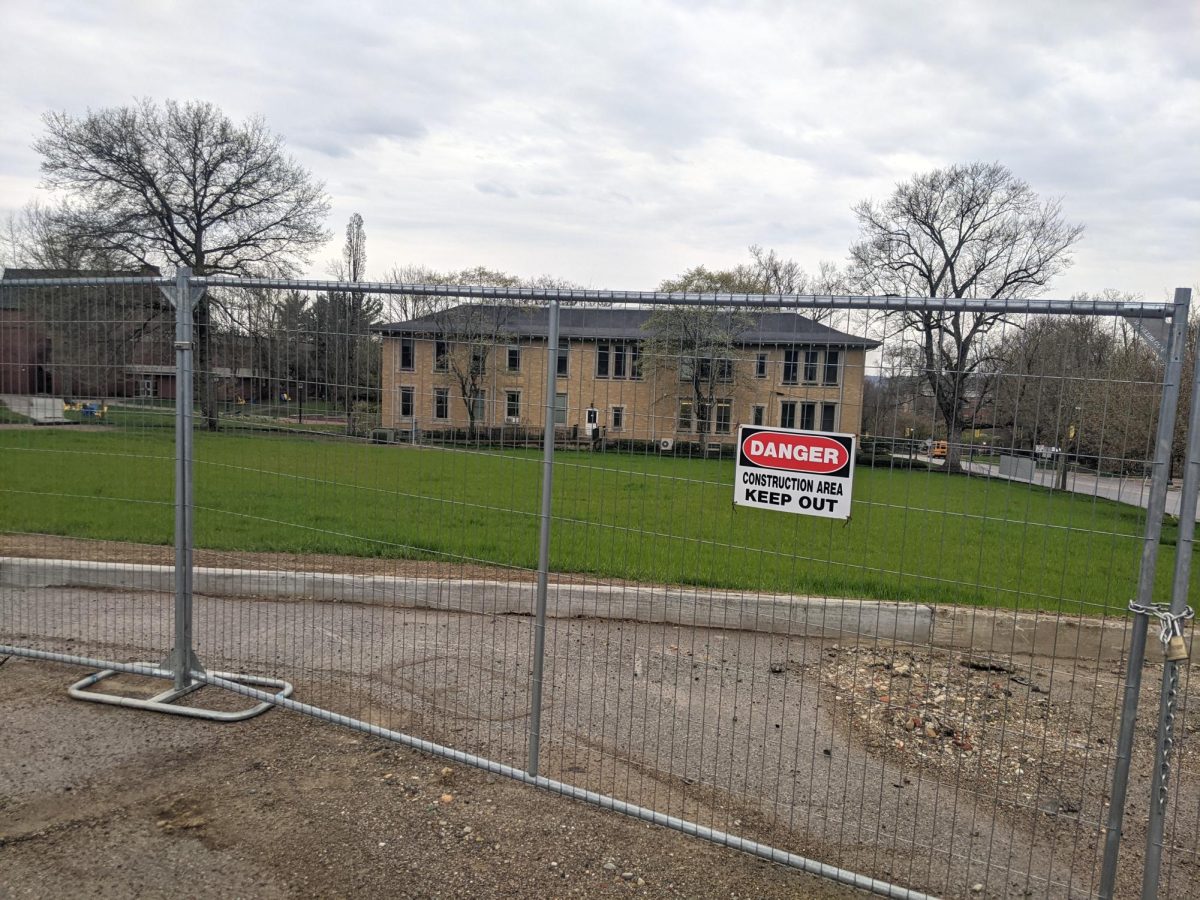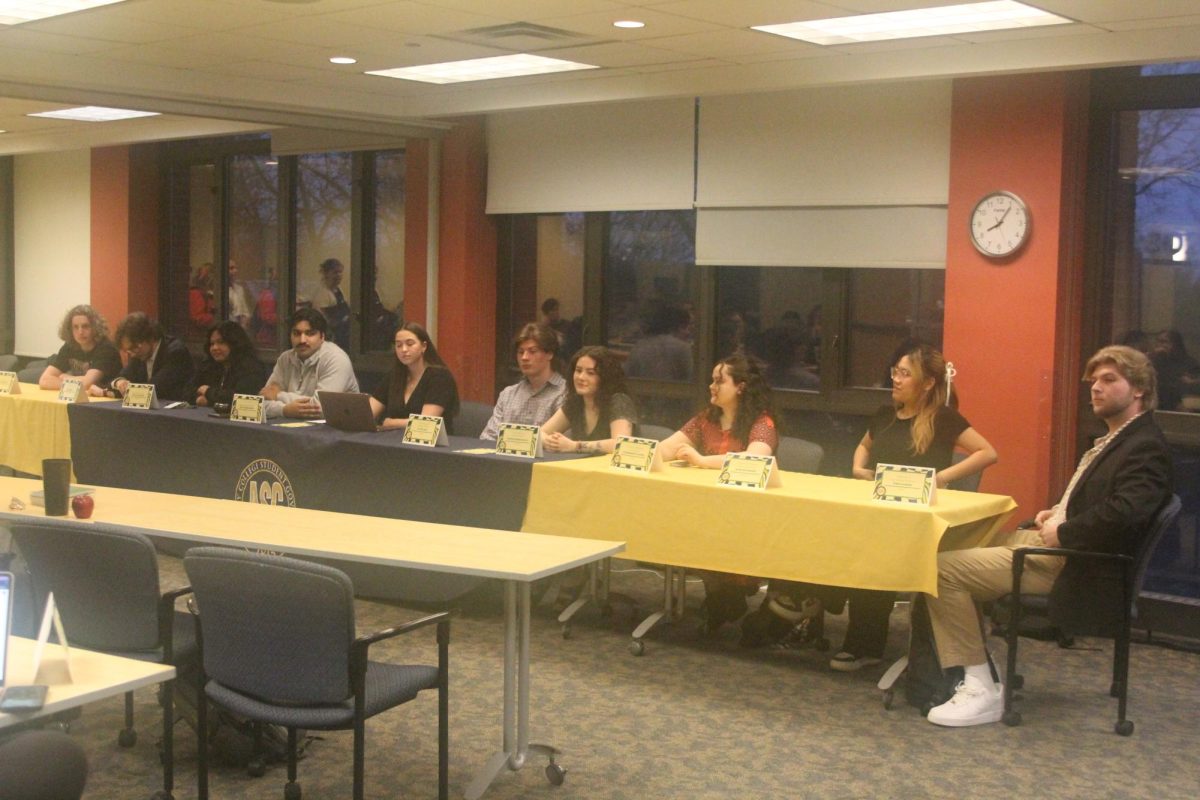According to the report, 90 percent of students and 82 percent of faculty feel either “highly satisfied” or “satisfied” with their education and jobs at Allegheny.
“I think the evidence shows that people feel very welcome on Allegheny’s campus,” said Chair of the Allegheny Climate Steering Committee and Associate Dean Ben Slote.
Some survey results point to challenges within the college community. For instance, according to the report, “15 percent of respondents had personally experienced exclusionary, intimidating, offensive and/or hostile conduct that has interfered with their ability to work or learn.” Among the reasons for these instances of harassment, sexual orientation and race ranked the highest.
“The report is a largely quantitative assessment of the feelings and experiences of students and faculty,” said Chief Diversity Officer and Associate Dean Lawrence Potter.
The release of the final report is a significant step in a multi-stage process aimed at improving the working and learning environment on campus. The Allegheny Climate Steering Committee has been instrumental in facilitating this process.
“The Climate Steering Committee stemmed from a summer of meetings set up under a broad rubric of improvements in diversity at the college,” Slote said. “The steering committee was formed once it was determined that the college would have a climate audit.”
Rankin and Associates Consulting, a firm founded and led by Susan Rankin of Penn State University, engineered and helped carry out the audit. Developing an effective survey for the audit was an initial step.
“Fact-finding groups were used to inform what issues the survey could address and add questions specific to Allegheny College,” Slote said.
All students and faculty were encouraged to complete the survey. 1,171 people actually did.
“The 55 percent response rate suggests that people at Allegheny are really invested in this campus climate,” Potter said. “In my experience with other institutions, that figure is usually around 25 percent.”
The report suggests that many faculty and students are satisfied and comfortable with Allegheny, but those of color, LGBTQ status and those with disabilities reported the least satisfaction and comfort.
“Issues of race still permeate the climate,” said Potter. “Respondents of color were five times more likely to report harassment that was based on race.”
Only 40 percent of employees of color responded that the workplace at Allegheny was welcoming based on race, while 64 percent of all respondents agreed. The report shows that 20 percent of LGBTQ respondents experienced offensive, hostile, or intimidating conduct, and over half of this was due to their sexual orientation.
Also, the college’s academic buildings and residence halls were considered by over 20 percent of respondents “very inaccessible” and by over 30 percent “somewhat accessible”.
The Climate Steering Committee hopes that students and faculty around campus read the report’s findings.
“We want to have as many people read and react to the report, so we can have fully informed discussions and, eventually, a set of decisions,” Slote said.
A series of meetings, referred to as listening sessions, are scheduled in November and open to the entire college community. The first session, led by Dr. Potter, was Tuesday in the Tillotson Room of the Tippie Alumni Center.
“We want to take the information from the listening sessions in order to inform a larger discussion of what changes should be made going forward,” Potter said. “We’ll move swiftly next semester to announce both the short-term and long-term goals. This report won’t simply find its way back onto a shelf.”
The reports findings present opportunities for faculty to make meaningful changes in the college’s environment.
“Some findings from the report can be addressed quickly, but others will require more time to implement initiatives,” Slote said.
Some students were taken aback by the report.
“I was surprised at the level of hostility people felt on a campus I’ve always been comfortable in,” said Lindsay DiLoreto, ’11. “Reading some of the data and thinking that every number is a person really got me.”
“I think it summarized the challenges Allegheny has to face in the future,” said Thuc Vu, ’12. “Many stories the report told surprised me, and people will need to be taught how to make Allegheny a safer environment.”
The final report as well as information about upcoming listening sessions can be found at http://sites.allegheny.edu/climatecommitment/.






